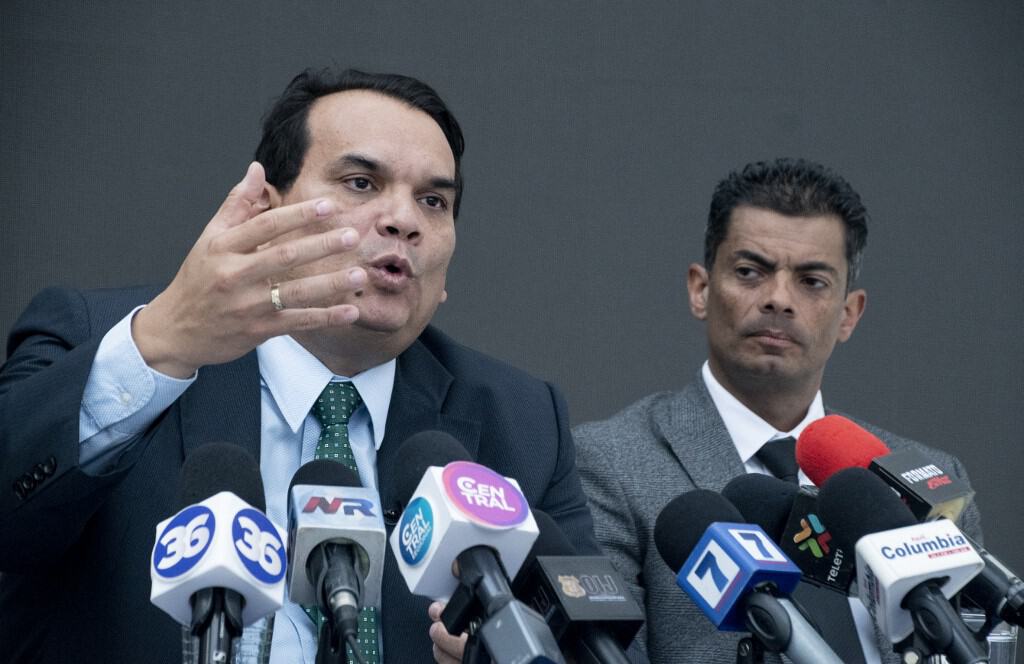The Supreme Court of Justice extended the suspension of Randall Zúñiga as director of the Judicial Investigation Agency (OIJ) for three more months on Monday. Judges made the decision after reviewing a preliminary report from the Judicial Inspection Tribunal, which continues to probe allegations against him.
The extension takes effect immediately and keeps Zúñiga on paid leave. It serves as a precautionary step while the administrative process unfolds, though it does not represent a final ruling on any charges. The tribunal will assess the full findings once the inquiry wraps up.
Zúñiga’s lawyer, Federico Campos, responded to the ruling by saying he respects the judges’ choice. He called it a reasonable move to allow the investigation to proceed without interruption.
This latest action builds on an initial 15-day suspension that the court imposed on October 29. That measure, also with pay, was set to end on November 19. It stemmed from multiple complaints filed against Zúñiga, accusing him of sexual offenses.
Prosecutors with the Gender Prosecutor’s Office received a fifth such complaint on Monday, adding to the four already under review. Details of the new filing remain confidential as the case develops.
President Rodrigo Chaves has publicly called for Zúñiga’s removal, pointing to the gravity of the accusations. In late October, Chaves noted that reports of rape had reached five and suggested more might surface. He urged the court to act decisively to maintain public trust in law enforcement.
Zúñiga, who has led the OIJ since 2022, maintains his innocence. He previously stated that he requested the initial review himself to clear his name. One of the original complainants withdrew her allegation shortly after the first suspension began, though authorities continue to examine the others.
For those who may not know, the OIJ handles criminal investigations across Costa Rica, supporting prosecutors and courts with evidence gathering and analysis. Zúñiga’s absence places interim leadership in charge, with no disruptions reported in daily operations so far.
The Judicial Inspection Tribunal now holds the next steps. It must complete its work and recommend any further actions, which could range from reinstatement to dismissal. Judges will vote on the outcome in a future session.
This case has drawn attention from legal experts and women’s rights groups, who stress the need for thorough handling of such claims within the justice system. As the process advances, Zúñiga remains sidelined, awaiting resolution.






